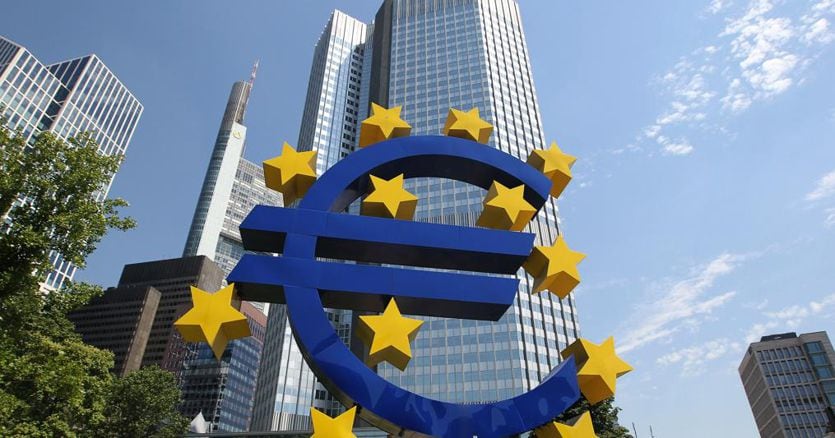Particularly strong or persistent monetary policy actions may “involve a transitional period in which inflation is moderately above target.” This overshoot, which in central bankers jargon is known as “overshooting”, Entered the new monetary policy strategy of the ECB with a unanimous vote of the members of the Governing Council. And those who have read verbatim the report of the extraordinary meeting of July 7, with the curiosity to find some more detail or some trace of dissent within the Governing Council, was disappointed.
The minutes, which for once did not concern a monetary policy decision because it focused on the review of the monetary policy strategy, reported as is what is already known and already communicated on the new symmetrical inflation target of 2% in the medium term: with moderate overshooting and for a short period of time, after incisive and persistent actions that are necessary when the reference rates are close to the lower level.
Loading…
Inflation in Germany: a leap not seen since 1993
Instead, another type of “over” is making more newsshooting“, This time in real life, not hypothetical: inflation in Germany, according to preliminary estimates released by the statistical office Destatis on 29 July, rose in July to 3.8% year on year (+ 0.9% compared to in June) while at the harmonized level, counting discounts and balances, it increased by 3.1% year on year. This was, respectively, the largest increase since 2008 and 1993, in both cases well beyond analysts’ expectations (20 cents more than expected only for harmonized inflation). And that’s not all: there is still a long way to go.
The Bundesbank sees inflation towards 5% at the end of the year
By the end of the year, the German central bank Bundesbank expects inflation in Germany “towards 5%”: without alarms, for now.
The 5% “is mainly attributable to transitory effects, including the prices of energy and raw materials and the end of the temporary reduction of the value added tax last year”, explained the president of Buba Jens Weidmann in a recent interview with the Frankfurter Allgemeine Zeitung newspaper.
